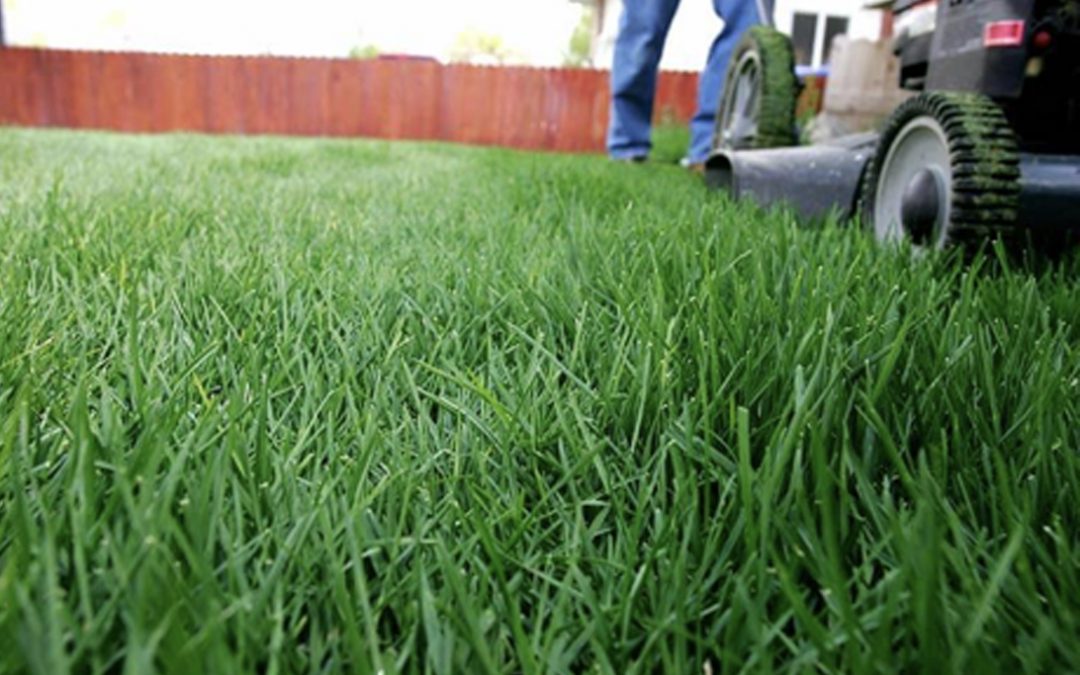Hot weather is not ideal for lawns and requires some extra effort in order to keep it lush and keep it thriving! You work hard to ensure your property is looking nice, only for summer to cause the risk. Here are some quick tips in order to keep your investment in your lawn a easily maintained one.
Here are some quick tips to help your lawn survive the heat:
During the Early Summer
-
- Make sure to mow high. When the grass is taller, the roots are more capable of seeking out water. The higher grass will also shade the soil and cool it, protecting the roots and allow you to avoid needing to water so much. Continue mowing at this height all summer long.
- Feed your lawn in the early summer to give it the strength it needs to survive heat and drought conditions.
- If you had an issue with or your neighbor had an issue with grubs, treat for grubs! Early summer is the last opportunity to treat for them. If you are seeing dead patches in late summer, this is likely due to those pests chewing through grass roots.
- Everyone wants the clean look for their yard, but let the grass clippings lie where they are cut. Grass clippings are crucial nutrients for the lawn and soil and after they are cut, they will break down and provide these nutrients to your property.
Mid-Summer Game Plan
-
- Keep feeding that lawn! Depending on the area you live in, it’s recommended to seed and feed every 6-8 weeks.
- When you are watering your lawn, the goal is to have it water deeply enough that it is 4-6 inches deep.

Late Summer Check In
-
- When watering your lawn, water in the morning. With the hot summer sun, the water evaporates much faster during late summer. The ideal time to water your lawn is between 5am-8am so it is seeping deep enough to strengthen your lawn.
- When you are mowing, you want a nice clean cut to help contain moisture in the grass. Dull mower blades will form ragged edges and prevent grass from absorbing the water. Time to sharpen those mower blades!
- We all despise weeds! Continue to spot-spray weeds in order to keep them under control and prevent them from stealing the nutrients from your lawn.


